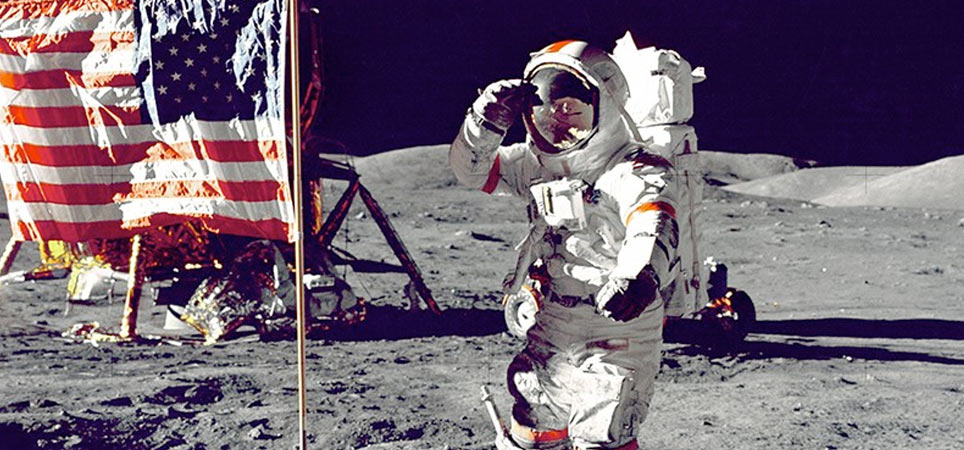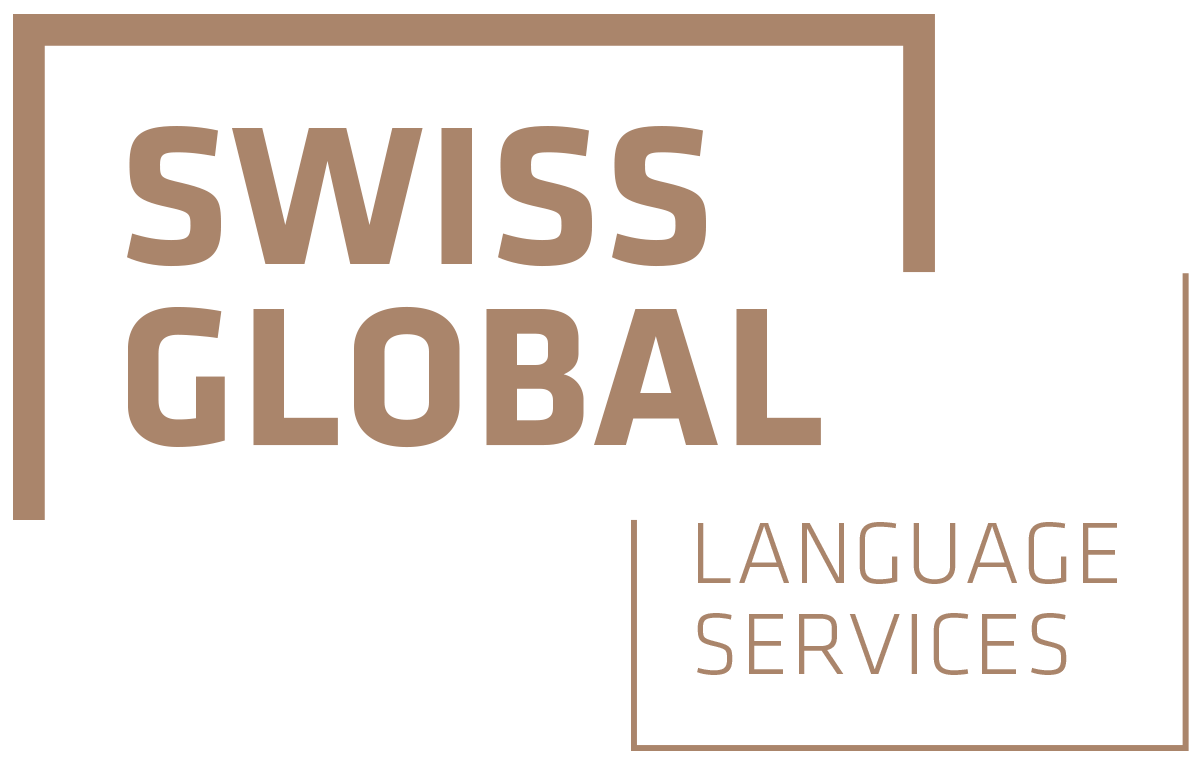Moon Landing 50th Anniversary: More than just a small step for your translations

In 1955, the Space Race between the Soviet Union and the US began, with the clear objective to dominate over one another through spaceflight capacity. On July 20, 1969, almost 50 years ago, Apollo 11 landed the first manned mission on the Moon. As the world watched with anticipation, the first steps by humans on another planetary body were taken by Neil Armstrong and Buzz Aldrin.
How competition helps advance technology
Many would like to think that it was a mere thirst for knowledge but that is only half of the truth. On August 2, 1955, the Soviet Union listened carefully as the United States announced its plans to launch artificial satellites into the sky. The tension between the two states, one touting capitalism, the other communism, being channelled among other things into the Space Race. The Soviet Union responded by working hard and succeeding in beating the US to the first successful satellite launch, their Sputnik 1. They again beat the Americans by sending the first human being, Yuri Gagarin, into orbit on April 12, 1961. On July 20, 1969, the US was finally able to “save face” by sending the first humans to the Moon.
The leap in technology that came from the race to space continues to benefit us. What can we take away from all this? The stakes don’t have to be quite as high as world dominance to understand how important competition is: Competition helps advance not just individual projects, but global technology as a whole.
The importance of intercultural communication in multinational teams
Would the first man on the moon have arrived there as quickly if Americans had been the only ones working on the Apollo missions? Possibly, but with the help of people from other nations, the project was successful in a rapid amount of time. In fact, the Apollo lunar module that took Neil Armstrong and Buzz Aldrin to the moon actually used landing gear that was designed by a Canadian company called Héroux-Devtek. They played a pivotal role in ensuring the safety of the astronauts during landing, often considered one of the most dangerous moments during any space flight.
Multinationale Teams sind nicht nur kreativer, oft kennen sie auch den Markt besser. Zudem verfügen sie über eine grössere Problemlösungskompetenz, da sie sich stärker auf das Gemeinsame fokussieren müssen. Ein kulturell versiertes Management ermöglicht es den Mitarbeitenden, ein gemeinsames Ziel zu verfolgen und sich stärker auf das Verbindende als auf das Trennende zu konzentrieren. Interkulturelle Kommunikation war schon immer wichtig, heute vielleicht mehr denn je. Und da Projekte immer internationaler werden, spielen Übersetzungen und andere Sprachdienstleistungen eine entscheidende Rolle. Der Schlüssel für eine effiziente Verständigung in interkulturellen Teams ist, die richtige Botschaft im passenden Ton zu vermitteln. Eine klare Kommunikation sorgt für den feinen Unterschied und hilft, Missverständnisse zu vermeiden.
Machine VS Humans? Machine AND Humans
It is true that humans are no match for computers when it comes to precise calculations (the current chess champion is actually a computer named Komodo, much to the chagrin of many chess aficionados). Was the first moon landing a lesson to trust machines over brainpower? We do not think so: It is clear that machines cannot replace humans when it comes to conceptualisation and nuance. Just as the technological awe that was the Apollo 11 aircraft couldn’t have landed without Neil Armstrong, Buzz Aldrin, and the 400,000 people working behind the scenes, a machine translator such as Google Translate will never be able to take linguistic tone, semantics, style, and even humour into account the way a qualified human translator can.
Outsourcing is key: Focus on what you do best
However, if there is one thing that humans can learn from computers it is that, as every component in a machine is meant to serve a very specific purpose, one cannot be a jack of all trades. When it comes to projects, delegating tasks to the right people, as well as outsourcing are key: When Neil Armstrong took his “one small step for man, one giant leap for mankind” in July 1969, his spacesuit was perfectly designed by … NASA? Wrong! The spacesuit was created by Playtex, an American company better known for making ladies’ bras. Highly skilled seamstresses were given the task to hand-build the state-of-the-art space suits that had to withstand temperatures of 1000 degrees Fahrenheit. The key to success was the combination of cutting-edge technology and traditional craftsmanship. Often, some of the most high-tech companies need to delegate specific tasks to those who embrace the subtleties of “Old World Craftsmanship”, something that wordsmiths and language translators know how to do best.
Wollen Sie Ihre Botschaft wirkungsvoll übermitteln und mit Ihren Texten hoch hinaus? Wollen Sie Ihre wertvolle Arbeit einem multikulturellen Publikum präsentieren? Dann nutzen Sie die Synergie mit Sprachexperten und konzentrieren Sie sich auf Ihr Kerngeschäft. Übersetzungen und andere Sprachdienstleistungen sind keineswegs einfache Aufgaben. Gehen Sie deshalb auf Nummer sicher und überlassen Sie Ihre Übersetzungen und sprachlichen Herausforderungen uns.
Don’t take any risks and let us take care of your language needs, ensuring your message is understood by your target audience. Do you have any questions about professionally outsourcing your translation services? Contact us now for a free consultation and let us assist you with our language services.
Fliegen Sie zum Mond mit SwissGlobal.
SwissGlobal services
-
Digitalization
Translation
